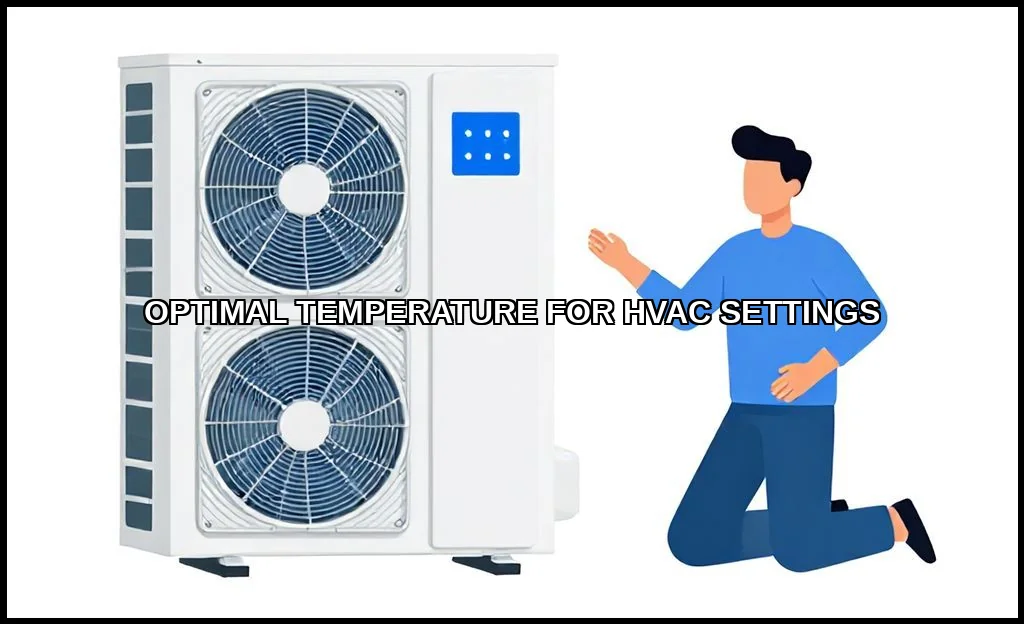Finding the perfect number on your thermostat feels like a modern-day quest. You want comfort, but you also dread the utility bill. It’s a constant tug-of-war between personal preference, your wallet, and the weather outside.
The good news? There’s a science to it. By understanding a few key principles, you can find your personal sweet spotthe ideal home temperature that balances coziness with efficiency. A modern tool like the New Honeywell Home thermostat can make this balancing act effortless, learning your schedule and adjusting for you.

Recommended Temperatures by Season and Time of Day
While comfort is subjective, experts have established baseline energy saving temperature ranges. These recommendations, often aligned with Energy Star recommendations, provide a fantastic starting point for your program schedule.
Summer AC Settings
When the heat rises, so does the temptation to crank the AC. Resist it. The best thermostat setting for summer is 78F (26C) when you’re home and active. This is the core answer to what is the best temperature for ac in summer to save money.
- Home & Awake: 78F (26C)
- Away or Asleep: Set it higher by 7-10 degrees. This setback temperature is where major savings happen.
Using ceiling fans allows you to raise the thermostat about 4F without sacrificing comfort. The moving air creates a wind-chill effect. Simple, but effective.
Winter Heat Settings
Winter strategy flips the script. The goal is to keep the heat lower, especially when you’re bundled up or out. A common winter hvac setting is 68F (20C) while you’re awake.
- Home & Awake: 68F (20C)
- Asleep or Away: Lower it by 7-10 degrees for a heating setback temperature.
This leads to a key long-tail query: the optimal thermostat setting for winter when away. If you’re gone for more than a few hours, don’t be shydrop it to 60-62F (16-17C). Your furnace will thank you, and so will your budget.
Factors That Influence Your Ideal Setting
Those numbers aren’t one-size-fits-all. Your true home comfort temperature sits within a personal and practical comfort zone. Several factors nudge that zone around.
Health and Household Considerations
Who lives in your home matters immensely. For infants or the elderly, who regulate body temperature less efficiently, a more stable, slightly warmer environment is often advised. Finding the ideal temperature for heat in winter for elderly relatives might mean keeping it at 70F or above to prevent risk. Humidity plays a huge role in perceived comfort and health, which is why temperature and moisture control are often discussed together.
Your Home’s Characteristics
Insulation quality, window efficiency, and even the color of your roof change the game. A well-sealed home holds your summer ac temperature or winter hvac setting with far less effort. If your home feels drafty, addressing those leaks is more impactful than any thermostat tweak.
Local Climate and Humidity
A dry 78F feels different than a humid 78F. In arid climates, you might be comfortable at a slightly higher temperature. In muggy regions, you might need the AC lower just to manage moisture levels, which ties back to understanding what various temperature settings control beyond simple warmth or coolness.
Programming Your Thermostat for Maximum Savings
This is where the magic happens. A programmable thermostat schedule automates those seasonal and daily adjustments. You set it once and forget it, locking in savings.
A basic, effective schedule follows your weekly routine:
- Wake: Adjust to your “home” temperature 30 minutes before you get up.
- Leave: Initiate the setback temperature 30-60 minutes before you depart.
- Return: Resume “home” comfort before you arrive.
- Sleep: Activate the sleep mode or setback 60 minutes before bedtime.
For sleep, many find the best hvac temperature for sleep at night is in the mid-60sF (18-20C). Cooler temperatures signal your body it’s time to rest. Program this into your nightly setback.
Advanced Tips: Smart Thermostats and Zoned Systems
If a programmable thermostat is a reliable assistant, a smart thermostat is a savvy energy manager. It connects to Wi-Fi, learns your habits, allows remote control via phone, and can even provide usage reports.
They can use local weather data to pre-heat or pre-cool your home more efficiently. For a deep dive on their benefits, the Department of Energy has an excellent authority guide on the topic.
The Power of Zoning
Does your upstairs bedroom become an oven while the main floor is pleasant? A zoned HVAC system, with multiple thermostats controlling different dampers, solves this. It allows for different thermostat settings in different areas. You only condition the spaces you’re using.
While retrofitting a full zone system is an investment, simpler solutions like smart vents can offer a taste of this targeted control, boosting overall energy efficiency.
Chasing the perfect temperature isn’t about a single, static number. It’s a dynamic strategy of seasonal adjustment and intelligent scheduling. Start with the expert recommendations, then listen to your home and your body. Use setbacks religiously, embrace technology that automates the process, and remember that small, consistent adjustmentslike that 7-10 degree shift when you’re outcompound into significant comfort and savings. Your ideal setting is out there, waiting to be programmed.
